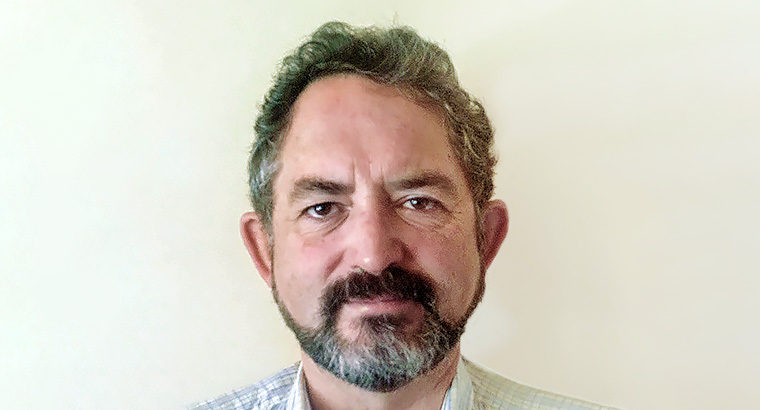News
Talking about organ donation in general practice
Dr Chris Hogan spoke to newsGP about initiating what can be a delicate conversation.
 It is important to notify families and friends of a person's decision to donate organs because of the formalities associated with the process.
It is important to notify families and friends of a person's decision to donate organs because of the formalities associated with the process.
‘There has always been a sign on my office wall that reads, “Why take your organs to heaven? Heaven knows that we need them here.” That often causes a smile for my patients and initiates a discussion,’ Dr Chris Hogan, a GP with a special interest in transfusion medicine, told newsGP.
Starting the conversation about organ donation can help to increase awareness and break taboos surrounding the subject of donating yours or your loved ones’ organs, and can help bring clarity to conversations about death and dying, according to Dr Hogan.
‘We can normalise death, dying and donation by speaking about it plainly, frankly and without embarrassment,’ he said.
‘It is an enormous benefit if we have accepted our own mortality.’
A recent Government initiative from the Organ and Tissue Authority has helped to kickstart the discussion between doctors and patients regarding organ donation, and Dr Hogan believes GPs play a key role initiating these talks.
He said one of the first things GPs can do is provide direct and local examples of how useful donations are, as well as more personal experiences.
 Dr Chris Hogan believes conversations around death and organ donation shouldn’t be viewed as taboo.
Dr Chris Hogan believes conversations around death and organ donation shouldn’t be viewed as taboo.
Dr Hogan also recognises the fact that, despite the beneficial outcomes, GPs are often met with hesitance from patients who may feel uncomfortable talking about organ donation because it symbolises death.
‘GPs encounter taboos because patients might hold fear, discomfort or denial about death of themselves or their friends and family,’ Dr Hogan said.
‘There is an overwhelming uncertainty about what is the right thing to do after a loved one dies and they are asked about organ donation.’
Dr Hogan believes this uncertainty stems from ‘a desire to respect the privacy of others’, and it is for this reason he underlines the importance of people informing family members of the decision to register as an organ donor.
‘Registering to be a donor is wise as it clearly states your intentions to inform your friends and relatives, making your wishes well known,’ Dr Hogan said.
Associate Professor Joel Rhee, Chair of the RACGP Specific Interests Cancer and Palliative Care network, agrees that high value lies in families and friends being aware of a person’s decision to be an organ donor.
‘I tell patients that a lot of things have to click into place for their organs to actually be donated,’ Associate Professor Rhee told newsGP.
‘Ultimately the family can override their decision, so it is really important that they make their wishes clear to their family if they want their organs donated.’
Dr Hogan also rouses a more emotional side to being an organ donor, when referring to one person’s organs saving another person’s life.
‘Organ donation allows a benefit to arise out of loss and gives others help that may not be able to be obtained in any other way,’ Dr Hogan said.
‘[As GPs,] we see how donations have changed people’s lives.’
death and dying organ donation organ donor
newsGP weekly poll
What is your chief concern with role substitution?